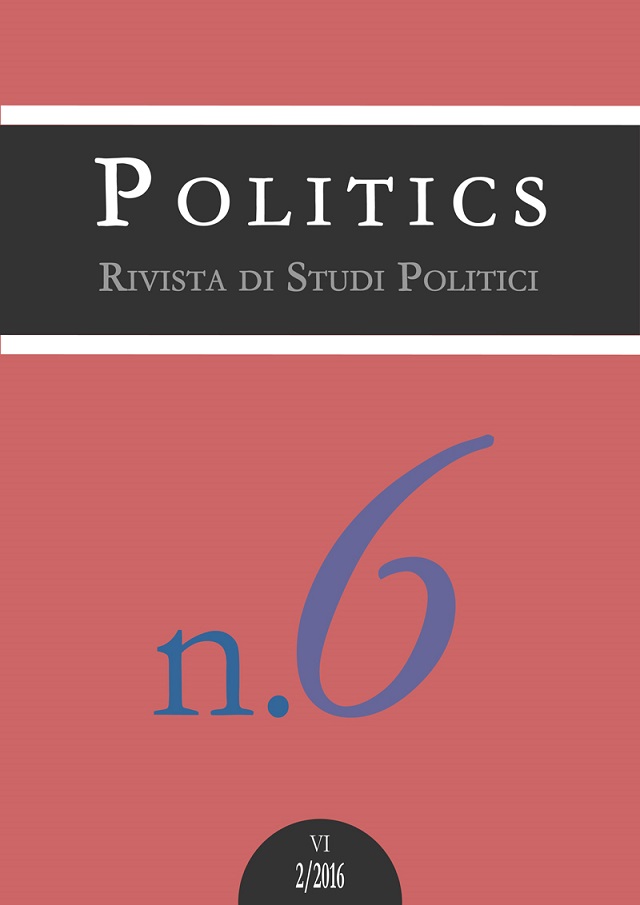Dalla fondazione alla crisi della democrazia. Rousseau e Le origini della Francia contemporanea di Taine
Abstract
The Origins of Contemporary France by H. Taine represents a diagnosis of the crisis that lasts from 1789 until the Commune in 1871. Taine identifies the affirmation of the democratic principle as the cause of the chronic state of the French malady. In this analysis, Rousseau and the Enlightenment become paramount, transforming modern contractualism and its rationalistic themes into a revolutionary ideology. Hence, the focus of Taine’s argument is the relationship between reason and crisis. In this reflection on the philosophical-political models
that have generated the democratic discourse, and on the epistemological paradigm shift between the XVIII and XIX centuries, the end-of-century positivism and liberalism emerge as using an anti-democratic stance against the Enlightenment, moving away from their progressive traits that derive from the Enlightenment. Every bond that links rationality, subject and social processes disappear, and the natural brutality of the crowd, whose physiological state is in fact pathological, persists. Rousseau’s critique is therefore a consequence of an age when society does not seem to be able to resolve its endless conflicts.
Downloads
Copyright (c) 2017 Andrea Marchili

This work is licensed under a Creative Commons Attribution-NonCommercial-ShareAlike 4.0 International License.
In conformità col Public Knowledge Project, la rivista accoglie l'uso di una licenza CREATIVE COMMONS license CC Attribuzione - Non commerciale - Condividi allo stesso modo 4.0
http://creativecommons.org/licenses/by-nc-sa/4.0

